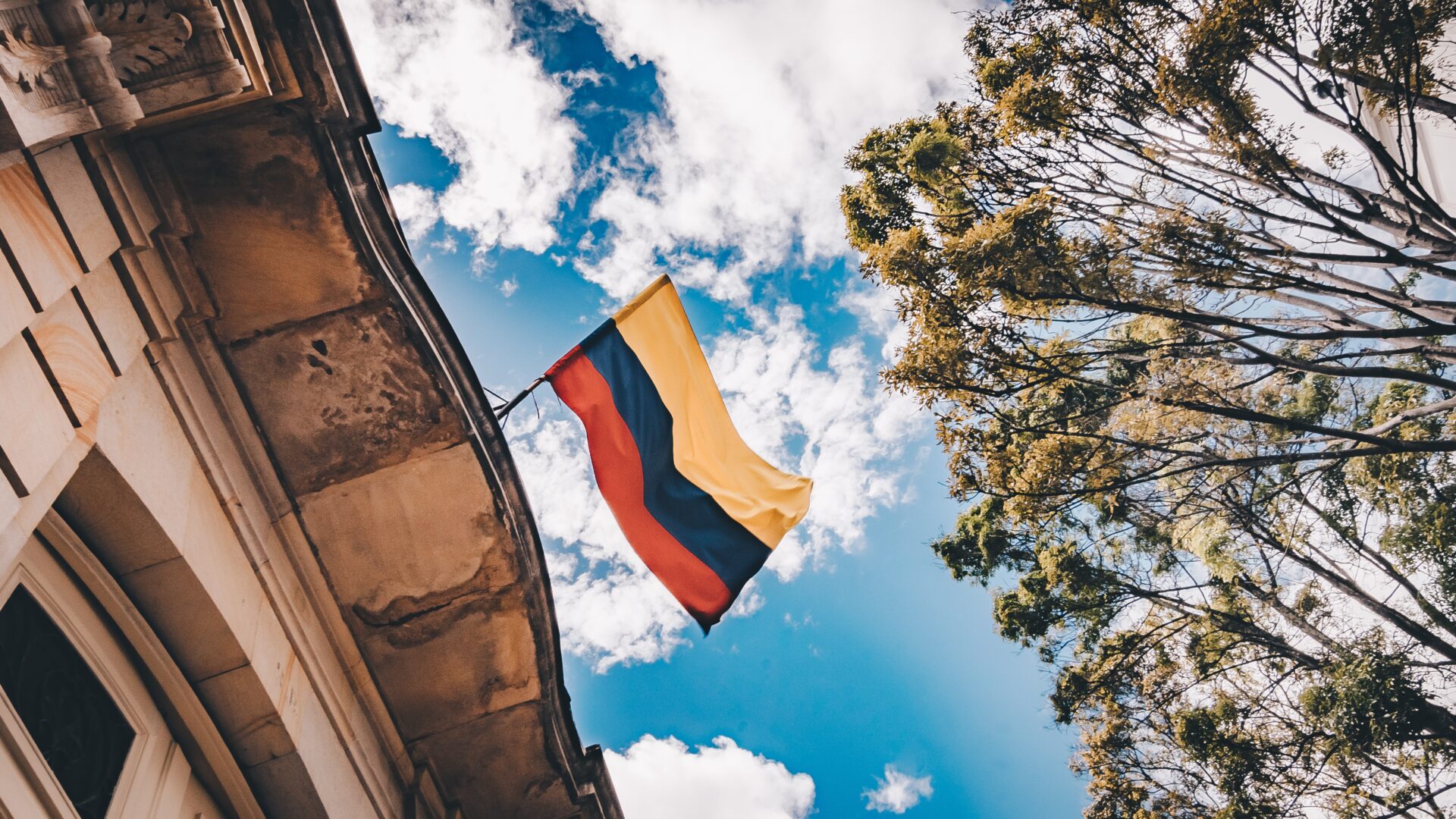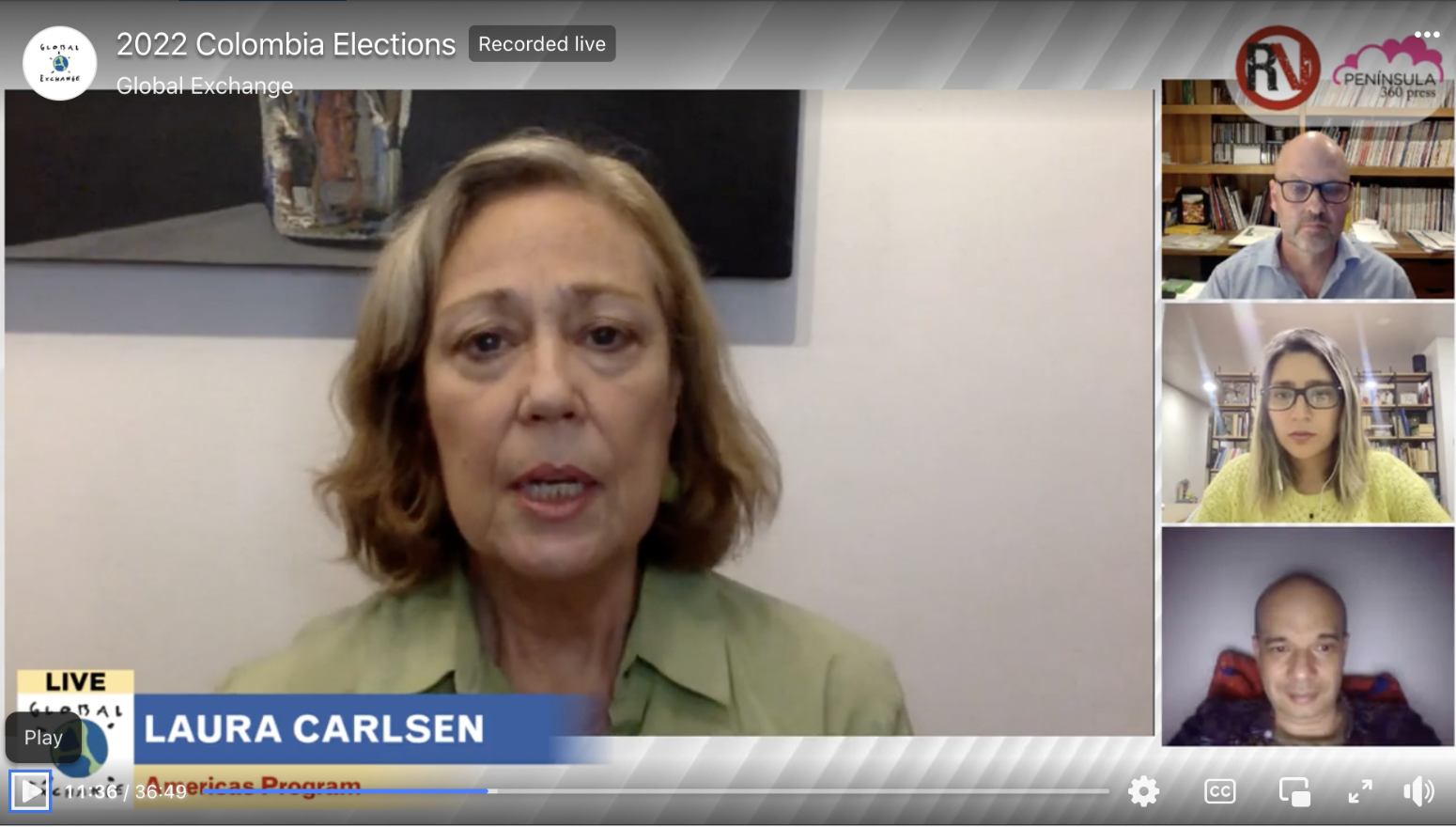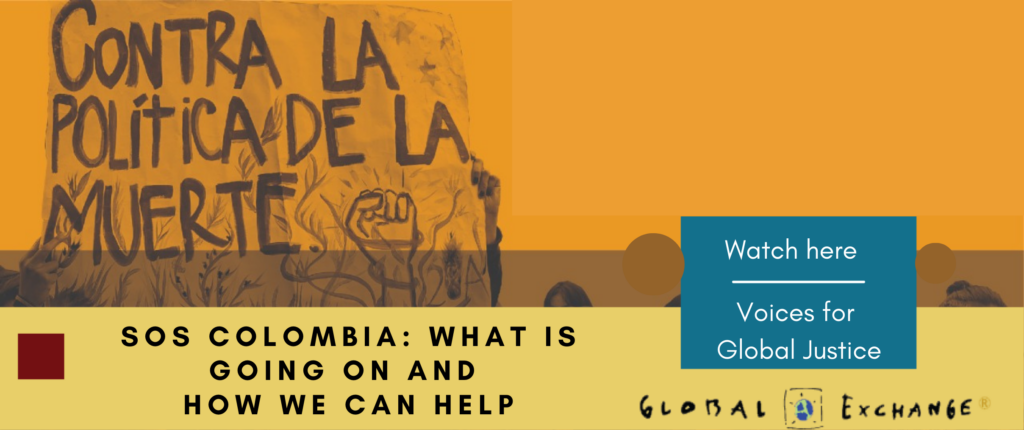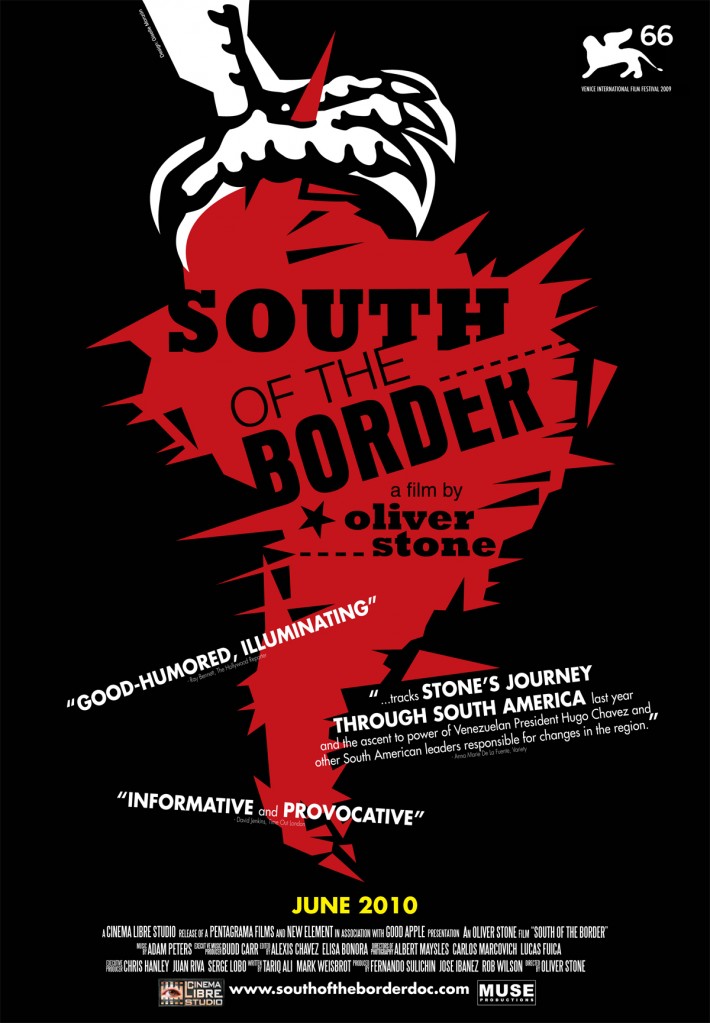Overview
Global Exchange has been observing elections and monitoring the human rights in Colombia since the end of the 1990s. Twenty-five years ago, the country was immersed in one of its bloodiest periods of violent armed conflict, causing millions of people to flee their homes in rural areas. Fast forward to today and a peace agreement with the FARC guerrilla group has been signed, bringing the world’s longest running internal armed conflict to a close. And in June 2022, the country elected Gustavo Petro, former Mayor of Bogotá and ex-M19 guerrilla member, as its first ever left-wing president.
Despite the more optimistic human rights and political situation, Global Exchange continues to send regular international delegations to Colombia in order to monitor elections and take the temperature in regions dominated by dissident guerrilla and powerful narco-trafficking groups. Global Exchange collaborators are also on the ground supporting a new generation of citizens who are working to build a more peaceful, egalitarian and democratic country.
Historic Elections in 2022
Last year, Global Exchange organized a delegation of Latin America journalists to cover the presidential elections and report on ordinary people’s hopes and aspirations in Colombia’s most troublesome regions. Gustavo Petro, leader of the Historical Pact movement, won a narrow victory to become the country’s first ever progressive president. Thanks to Manuel Ortiz and colleagues’ on-the-ground reporting and analysis, Global Exchange supporters got an accurate, front seat perspective on these historic events.
What’s Next for Colombia:
A year on and negotiations are underway with the ELN, Latin America’s last active guerrilla movement. Petro’s audacious Total Peace initiative seeks to put an end to all armed conflict in Colombia by simultaneously negotiating the voluntary dismantling of Colombia’s narco-trafficking groups. At the end of April this year, Global Exchange and civil society allies delivered a methodological proposal to the High Commissioner for Peace on how ordinary citizens could play a more active role in this process.
President Petro’s self-denominated “government for change” took important steps to fulfill its electoral promises during its first 100 days in office. In addition to organizing more than 50 Binding Regional Dialogues for citizens to contribute to the four-year National Development Plan, the president negotiated the formation of a governing majority with Colombia’s traditional political parties. This so-called “bull-dozer coalition” proved fundamental for passing key legislation during his first semester, including an ambitious tax reform to close the budget deficit, pay for increased social spending, and invest in progressive reforms.
This major achievement contrasted sharply with the previous government’s proposal to tax poor people and the struggling middle class more. That fiscal plan was finally aborted, but not before provoking Colombia’s biggest ever social protests. National strikes and violent clashes between citizens and police caused scores of deaths and cost billions of dollars to Colombia’s economy and infrastructure. (Watch Global Exchange’s webcast about the protests and government crackdown.)
Citizen Dialogues for the National Development Plan
Last November, Global Exchange supported the national network of community and alternative media – Sípaz – to report from the citizen dialogues organized by the government to inspire its four-year plan. In addition to reporting live from the events, Sípaz carried out real-time interviews and polled participants about their expectations for Colombia’s first ever mass experience in bottom-up policy making. Their report, “Binding Regional Dialogues: Lessons Learned from Citizen Participation in the National Development Plan”, contains important insights into this national experiment in popular deliberative democracy. Check out this executive summary of the report in English. A full version of the report is also available in Spanish if you are interested in taking a deeper dive.
Colombian civil society think tank, Ideas for Peace Foundation, evaluated an even larger sample of the dialogues (20 out of the 51 events). We have translated the executive summary of their report into English for those who are interested. The full version is available in Spanish on their website.
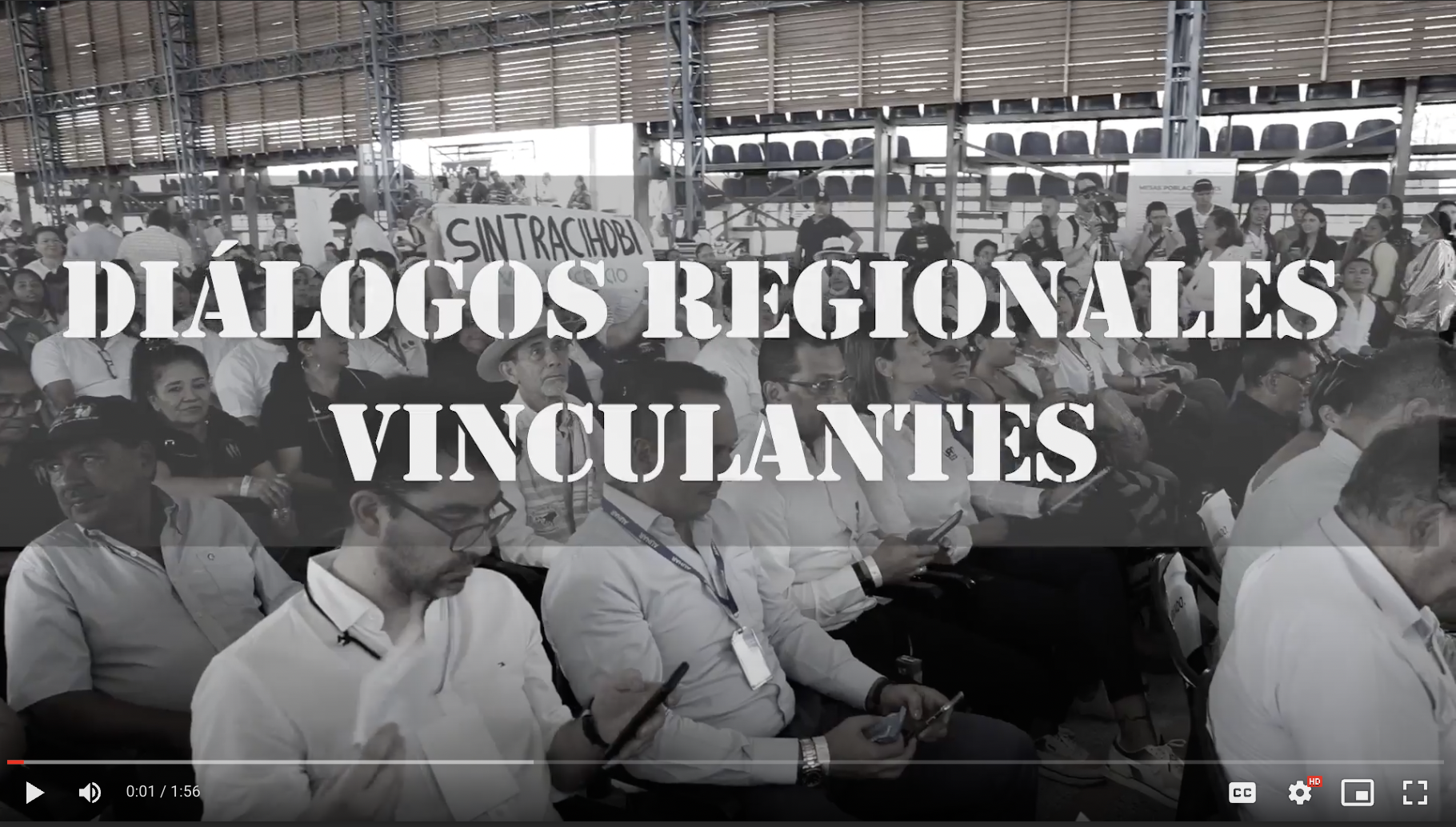
Petro Faces Political Challenges
Shortly after approving the National Development Plan, the national-unity coalition collapsed as parties argued over the details of Petro’s social reforms. The resulting gridlock has effectively disenfranchised the 70% of Colombians that rejected the status quo by voting for change in the presidential elections (see Global Exchange’s election report here).
Having failed to prevail in congress, Petro called for mass pro-government demonstrations. On the 7th of June, however, only his most ardent supporters turned out to support the reforms. Hundreds of thousands of citizens who took to the streets two years ago or voted for alternative candidates stayed at home. Two weeks later, the conservative opposition persuaded four and a half times more people to oppose the reforms than Petro had mobilized to support them, creating a major legitimacy crisis for the government.[1]
The approval rating of the presidency fell sharply from 50% in October last year to only 35% eight months later. Other state institutions have fared equally badly or worse: congress (33.8%); judicial system (27.2%); political parties (19.1%). In the latest opinion poll in June, presidential approval fell another two percentage points (now 33%), while the favorable opinion of congress collapsed, from 33.8% to only 19%.[2] The message is clear: Colombians are deeply distrustful of their political institutions, with those expecting change particularly disillusioned.
[1] https://www.eltiempo.com/colombia/otras-ciudades/cuantas-personas-asistieron-a-marchas-en-favor-y-en-contra-de-las-reformas-779497
[2] https://www.elespectador.com/politica/la-aprobacion-de-la-labor-de-gustavo-petro-ha-disminuido-de-35-a-33-invamer/
Deliberative Democracy & Citizen Assemblies
Global Exchange and allies are working in Colombia to strengthen democracy by promoting innovative strategies to involve everyday citizens directly in public decision-making. This means exploring international experiences in deliberative democracy such as citizens’ assemblies that give every day citizens a greater opportunity to influence public decision-making peacefully between elections. To do this, we are gathering lessons from successful pilot experiences from around the world, including Europe and the United States, so that they can be adapted to Colombia. These experiments have been highly effective in empowering every day citizens to fix polarizing problems that politicians have failed – or are simply unwilling – to address.
The citizens’ assembly methodology is simple yet highly effective. Chosen at random from the general population via a process called sortition, participants receive objective information from experts and presentations from interest groups before deliberating in small groups and plenaries to produce recommendations for decision-makers. Citizens’ assemblies are part of a silent but growing global revolution that seeks to revive democracy by complementing, strengthening or even replacing existing political institutions altogether. From Ireland to Chile, hundreds of gatherings have shown that ordinary people are much more effective at resolving intractable problems than politicians – all they need is a constructive attitude, access to accurate information, and a methodology that empowers their conversations.
Ireland is the country that has advanced the most in formally incorporating the citizens’ assembly methodology into its political decision-making. Last year, Global Exchange lobbied the Irish embassy to provide technical support to Colombian civil society organizations so that they could design and implement their own pilot experiences.
In November, Art O´Leary, the Secretary General of Ireland’s Electoral Commission, and one of the world’s leading citizens’ assembly experts, visited Colombia to share his own experience with government officials and civil society activists. Following this trip, the embassy organized a delegation of Colombian NGOs to observe Ireland’s most recent citizens’ assembly on the future of drug policy. Thanks to these exchanges, Global Exchange allies are now benefitting from more than a decade of Irish experience in successfully resolving deeply polarizing issues, such as the right to abortion, same sex marriage and divorce.
Will Gustavo Petro regain control of the political agenda and get his progressive reforms through congress? Or will ordinary Colombians lead the way through the organization of citizens’ assemblies? Either way, Global Exchange will continue to keep you posted as our efforts to strengthen participation and empower ordinary citizens in Colombia take shape.
